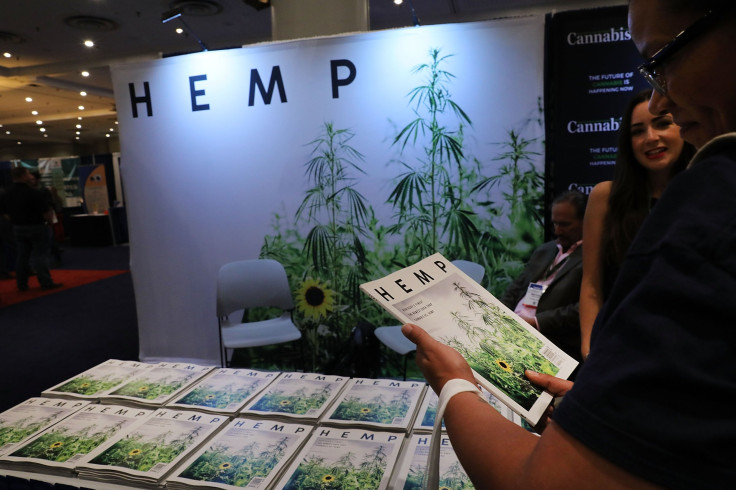2018 Farm Bill A Boost For Hemp Industry

The 2018 Farm Bill has been signed into law. As of Dec. 20, industrial hemp — defined as all parts of the plant having less than 0.3 percent THC — is federally legal. This includes “derivatives,” “extracts” and “cannabinoids.” Kentucky, historically the nation’s top manufacturer of hemp, launched an innovative pilot program for farmers in 2014. This program was a basis for the hemp section of the law and should make Kentucky the epicenter of hemp in the United States.
It’s too early for farmers and processors to sound the “all clear,” however. The same day as the farm bill passed, the FDA issued a press release asserting its right to regulate cannabidiols (CBD) from hemp, the popular product accounting for most hemp sales and acreage nationally. In late December, Facebook began shutting down pages of American farmers trying to market hemp, and Google continues to refuse online ads, calling these ads “trafficking controlled substances.” Business uncertainties and risk persist, though it seems the hemp business is transitioning to more stable one.
What is the end game? It’s hard to tell. Varying estimates of the size of the hemp CBD market turn up everywhere. A Rolling Stone story touted the Brightfield Group projecting the market for hemp to be worth $22 billion dollars by 2022, while the Hemp Business Journal estimates CBD will be a $2.1 billion market by 2021.
What Does This Mean for Hemp Farmers?
I can answer first for my own farm, and then for farmers we know.
I started farming in 1982, and of necessity became a farm entrepreneur. I was one of the first to start and develop a beef brand, and so knew that business. When the opportunity to raise hemp presented itself, I started growing the crop and at the same time started two retail brands. The venture thus became dependent on our ability to set up the supply chain and sell our hemp through Homestead Alternatives, for CBD, and hemp grain through culinary products such as Laura’s Hemp Chocolate. We assumed the market pricing risk, knew our costs, and could figure out what the product was worth.
The farmers in our neighborhood are not marketers, nor do they want to be. Their experiences have been quite different. The primary complaint is that they are not getting paid for their hemp by their contract processors, or that payment is significantly delayed and confusing. Trust in the market from farm to processor has become something of an issue and farmers are worrying about the size of the market and global competition. The passage of the farm bill will fix this by creating some stability in the business. Robust markets will develop consequently, with stable buyers, clear prices and payment terms, all of which is a little bumpy right now.
Also, none of us have been able to insure our crop, increasing the production risk. Because hemp is legal, this is to be solved for the 2019 crop year, and I’m off to see several agents soon.
The bottom line, though, is that we have a new market. Farmers, in the ailing farm economy, couldn’t be happier.
Laura Freeman owns Mt. Folly Farm and is CEO of Laura’s Mercantile LLC, which sells Homestead Alternative CBD hemp products.
© Copyright IBTimes 2025. All rights reserved.





















